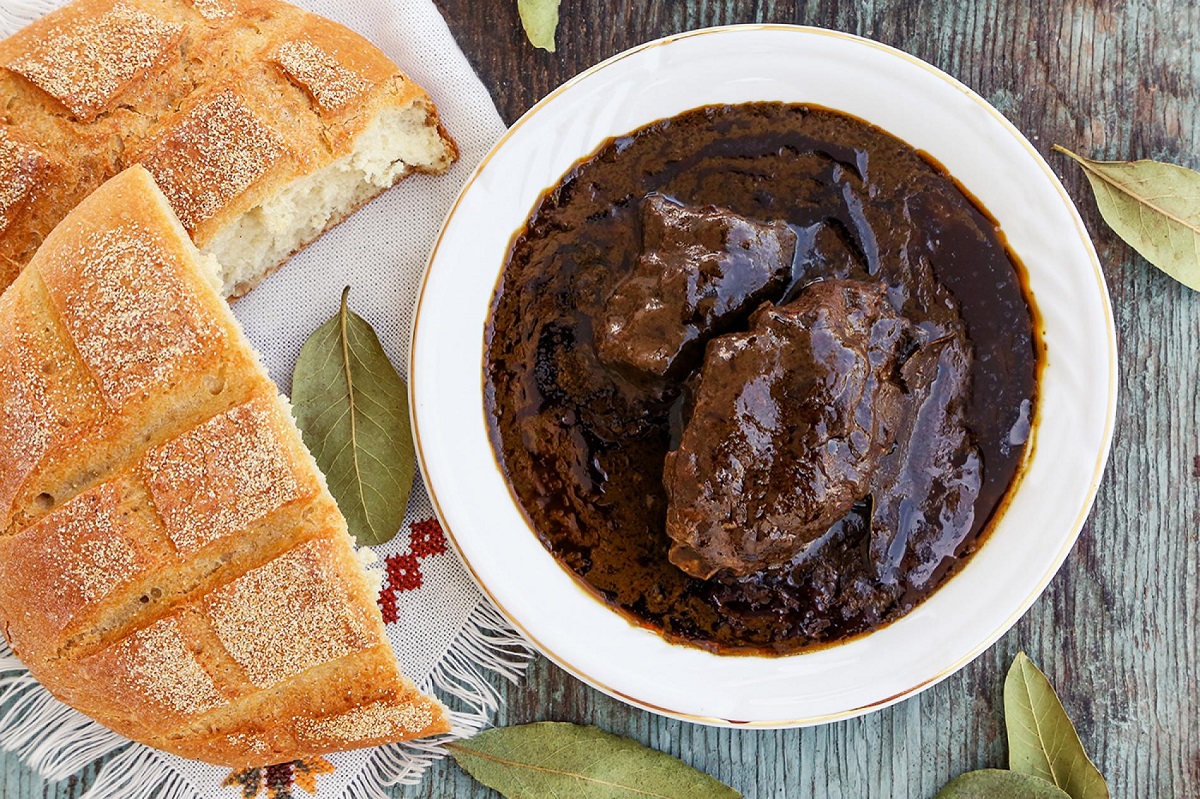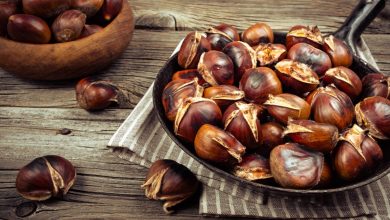Tunisian Mloukhia: The Slow-Cooked Green Treasure of North African Cuisine
Discover the deep, rich flavors of Tunisia’s iconic mloukhia stew—a ceremonial dish rooted in tradition, family, and cultural pride.
Tunisian mloukhia is a unique and beloved national dish, quite different from the more common versions found in Egypt or the Levant. Instead of using fresh or minced molokhia (jute leaves), Tunisia’s version uses dried and finely ground molokhia leaves, cooked slowly into a dark green, almost black, oily stew. It’s a rich, hearty meal often associated with tradition, holidays, and family gatherings.
How It’s Made
Preparing mloukhia is considered a ceremonial process in many Tunisian households, often requiring 5 to 7 hours of slow cooking. Here’s how it’s traditionally prepared:
-
Molokhia powder is mixed with olive oil in a pot to create a thick, dark green paste.
-
The mixture is slowly cooked over low heat until it turns almost black and aromatic.
-
Boiling water is added gradually, and the dish is left to simmer for several hours.
-
Meat—typically beef, lamb, or even veal—is added midway through cooking, along with spices like bay leaves, garlic, coriander, and sometimes chili.
The result is a deep-flavored, oily stew served with bread, not rice—another key difference from Egyptian molokhia.

Cultural Significance
-
Mloukhia is often cooked for special occasions, such as the Islamic New Year, Eid, or family reunions.
-
Some Tunisians prepare mloukhia when someone leaves for travel or returns home, associating it with good luck and continuity.
-
Due to the long cooking time, it’s seen as a dish of love, patience, and tradition.
Taste and Texture
Tunisian mloukhia has a rich, earthy, almost chocolate-like bitterness balanced by the richness of olive oil and spices. Its dark color and oily texture may seem unusual to outsiders, but it’s deeply comforting to Tunisians who grow up eating it.

Final Thought
Tunisian mloukhia is more than food—it’s a cultural symbol. Its preparation connects generations, and its distinct taste stands as a proud expression of Tunisia’s culinary identity. While it may look simple in the pot, it carries hours of care, layers of tradition, and centuries of heritage.



